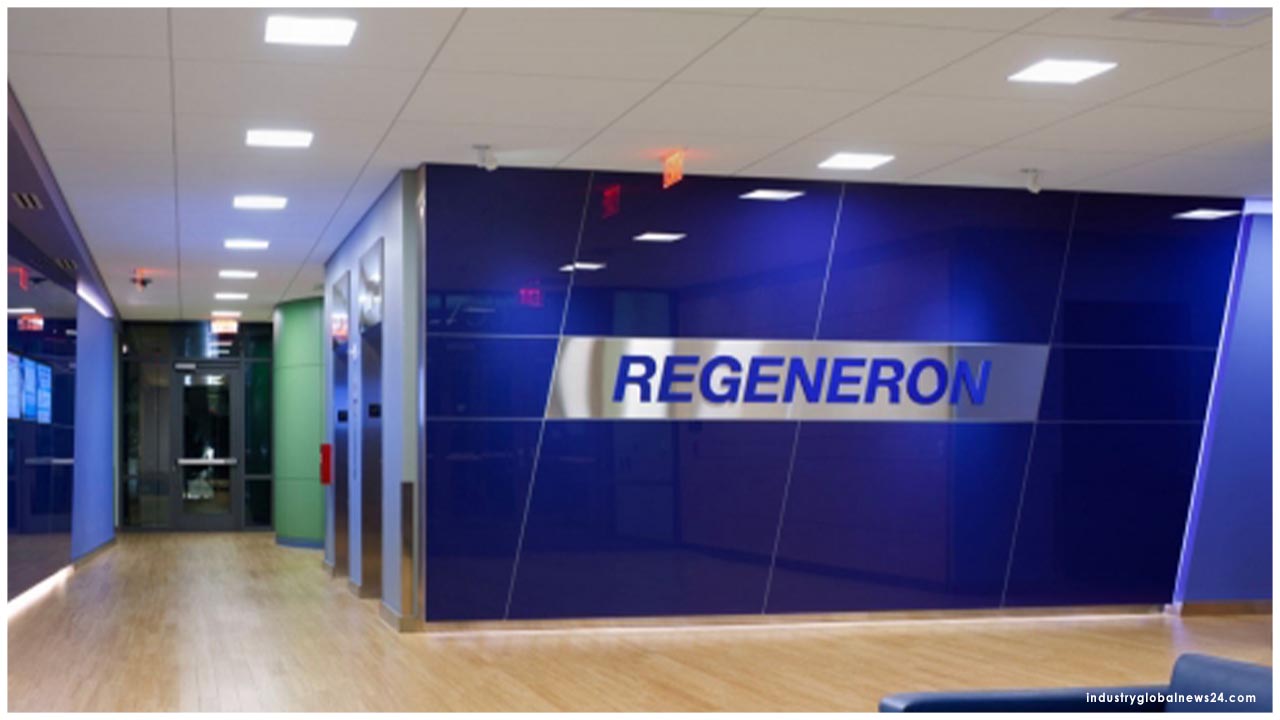Regeneron Pharmaceuticals, Inc. announced the first data from a descriptive analysis of a seamless Phase 1/2/3 trial of its investigational antibody cocktail REGN-COV2 showing it reduced viral load and the time to alleviate symptoms in non-hospitalized patients with COVID-19. REGN-COV2 also showed positive trends in reducing medical visits. The ongoing, randomized, double-blind trial measures the effect of adding REGN-COV2 to usual standard-of-care, compared to adding placebo to standard-of-care.
This trial is part of a larger program that also includes studies of REGN-COV2 for the treatment of hospitalized patients, and for prevention of infection in people who have been exposed to COVID-19 patients.
“After months of incredibly hard work by our talented team, we are extremely gratified to see that Regeneron’s antibody cocktail REGN-COV2 rapidly reduced viral load and associated symptoms in infected COVID-19 patients,” said George D. Yancopoulos, M.D., Ph.D., President and Chief Scientific Officer of Regeneron. “The greatest treatment benefit was in patients who had not mounted their own effective immune response, suggesting that REGN-COV2 could provide a therapeutic substitute for the naturally-occurring immune response. These patients were less likely to clear the virus on their own, and were at greater risk for prolonged symptoms. We are highly encouraged by the robust and consistent nature of these initial data, as well as the emerging well-tolerated safety profile, and we have begun discussing our findings with regulatory authorities while continuing our ongoing trials. In addition to having positive implications for REGN-COV2 trials and those of other antibody therapies, these data also support the promise of vaccines targeting the SARS-CoV-2 spike protein.”
The descriptive analysis included the first 275 patients enrolled in the trial and was designed to evaluate anti-viral activity with REGN-COV2 and identify patients most likely to benefit from treatment; the next cohort, which could be used to rapidly and prospectively confirm these results, has already been enrolled. Patients in the trial were randomized 1:1:1 to receive a one-time infusion of 8 grams of REGN-COV2 (high dose), 2.4 grams of REGN-COV2 (low dose) or placebo. All patients entering the trial had laboratory-confirmed COVID-19 that was being treated in the outpatient setting. Patients were prospectively characterized prior to treatment by serology tests to see if they had already generated antiviral antibodies on their own and were classified as seronegative (no measurable antiviral antibodies) or seropositive (measurable antiviral antibodies). Approximately 45% of patients were seropositive, 41% were seronegative and 14% were categorized as “other” due to unclear or unknown serology status.
REGN-COV2 is a combination of two monoclonal antibodies (REGN10933 and REGN10987) and was designed specifically to block infectivity of SARS-CoV-2, the virus that causes COVID-19.
To develop REGN-COV2, Regeneron scientists evaluated thousands of fully-human antibodies produced by the company’s VelocImmune® mice, which have been genetically modified to have a human immune system, as well as antibodies identified from humans who have recovered from COVID-19. The two potent, virus-neutralizing antibodies that form REGN-COV2 bind non-competitively to the critical receptor binding domain of the virus’s spike protein, which diminishes the ability of mutant viruses to escape treatment and protects against spike variants that have arisen in the human population, as detailed in Science. Preclinical studies have shown that REGN-COV2 reduced the amount of virus and associated damage in the lungs of non-human primates.
REGN-COV2’s development and manufacturing has been funded in part with federal funds from the Biomedical Advanced Research and Development Authority (BARDA), part of the Office of the Assistant Secretary for Preparedness and Response at the U.S. Department of Health and Human Services under OT number: HHSO100201700020C. Regeneron has recently partnered with Roche to increase the global supply of REGN-COV2. If REGN-COV2 proves safe and effective in clinical trials and regulatory approvals are granted, Regeneron will manufacture and distribute it in the U.S. and Roche will develop, manufacture and distribute it outside the U.S.

 Regenerons REGN-COV2 antibody cocktail reduced viral levels and improved symptoms in non-hospitalized COVID-19 patients
Regenerons REGN-COV2 antibody cocktail reduced viral levels and improved symptoms in non-hospitalized COVID-19 patients








.jpeg)




.jpeg)






.jpeg)









.jpg)


.jpg)
